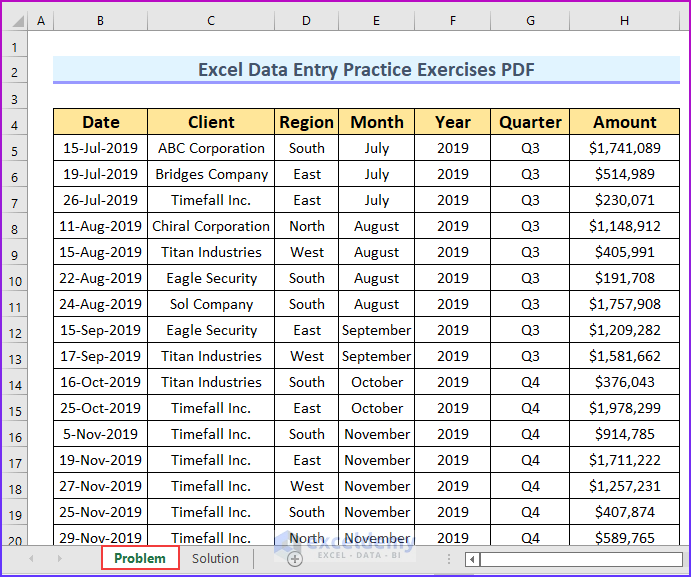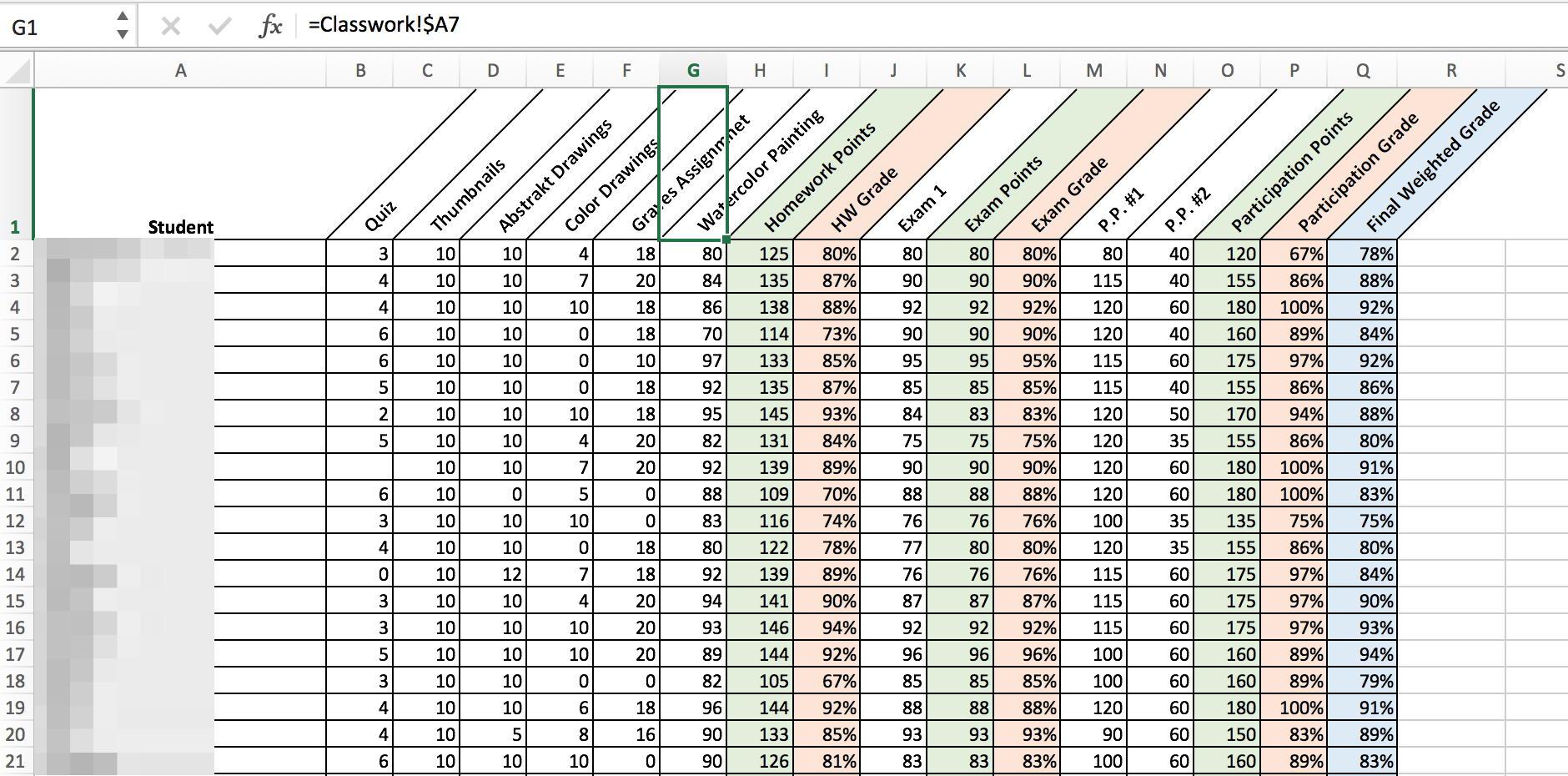5 Essential Documents to Hire a Contractor Legally

Are you planning on building a new home, adding an extension, or undertaking significant renovations? Hiring a contractor is a critical step in turning your vision into reality. However, like any major decision, it requires careful preparation and legal considerations to ensure that the project runs smoothly and within the bounds of the law. In this guide, we'll explore the 5 Essential Documents to Hire a Contractor Legally that will safeguard both your interests and your contractor's.
1. Contract Agreement

The foundation of any contractor-client relationship is a well-drafted Contract Agreement. This document serves as the legal framework that outlines all aspects of the work to be done:
- Scope of Work: Detailed description of what is to be accomplished.
- Timeline: Expected start and completion dates.
- Payment Terms: Schedule of payments, total cost, and method of payment.
- Change Orders: Procedures for modifications to the scope of work.
- Warranties: Warranties for work performed and materials used.
Table: Key Elements of a Contract Agreement

| Element | Description |
|---|---|
| Scope of Work | A detailed description of the tasks to be completed. |
| Timeline | Includes start and end dates, along with milestones. |
| Payment Terms | Breakdown of total costs, payment schedule, and method. |
| Change Orders | Procedure for altering the scope or cost of the project. |
| Warranties | Assurances about the quality of work and materials. |

🔍 Note: Ensure that the contract is clear on dispute resolution methods to avoid potential conflicts.
2. License and Bond Verification

Before finalizing your contract, verify the license and bond status of the contractor:
- State License: Check if they have the necessary license to perform the work in your area.
- Insurance: Contractor’s liability insurance should cover property damage or personal injury.
- Bond: A bond can protect you financially if the contractor fails to complete the project as agreed.
3. Proof of Insurance

Having valid proof of insurance is non-negotiable:
- Workers’ Compensation: Protects against claims for work-related injuries.
- General Liability: Covers any third-party claims for injury or property damage.
- Auto Insurance: If the contractor uses vehicles on your property, they should have adequate coverage.
4. Lien Waivers

Understanding and utilizing lien waivers can prevent financial disputes:
- Progress Waivers: After each payment, contractors waive the right to place a lien for the work covered by that payment.
- Final Waiver: Upon completion, a final waiver releases all liens against your property.
5. Permits and Inspections

Lastly, ensure your contractor handles permits and inspections:
- Building Permits: Required for any construction or renovation to comply with local building codes.
- Inspections: Scheduled inspections to verify the work meets the code and quality standards.
By now, you should have a clear understanding of the essential documents needed to hire a contractor legally. Each document plays a crucial role in setting up your project for success by minimizing risk and ensuring compliance with legal and regulatory standards. Remember, these documents not only provide legal protection but also help maintain a transparent and accountable relationship with your contractor.
What happens if my contractor doesn’t have the necessary licenses?

+
Hiring an unlicensed contractor can lead to legal repercussions for you, including fines, or even having to undo and redo the work. It can also mean that the contractor isn’t bound by certain laws protecting consumers from faulty work.
Can I cancel a contractor agreement if I’m not satisfied with the work?

+
It depends on the terms of your contract. Some contracts might include cancellation provisions, while others might lock you into the agreement. Always review the contract for your rights and obligations.
How often should inspections be conducted during a project?

+
Inspections should be scheduled at key milestones of the project, typically at the beginning, middle, and at project completion to ensure work meets required standards.



